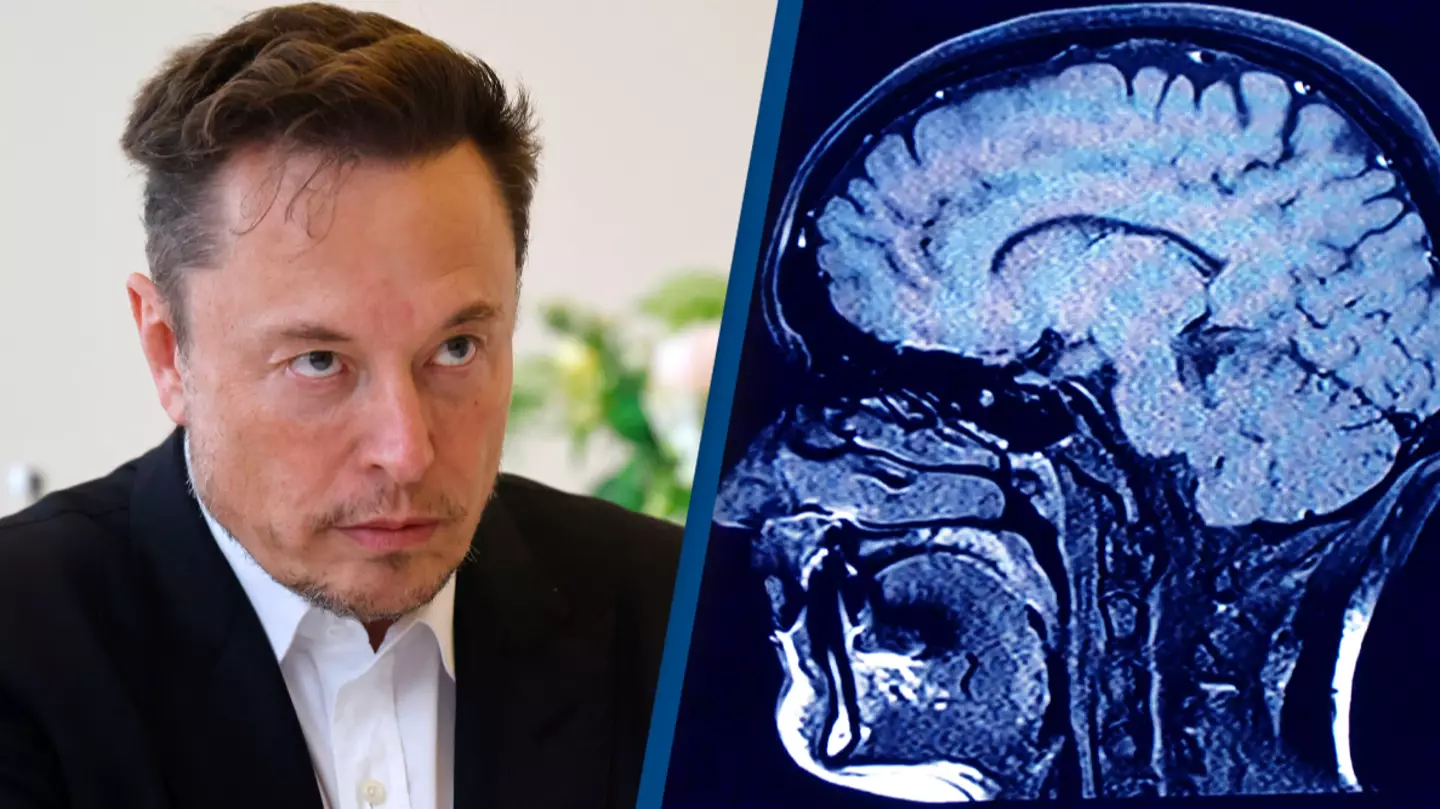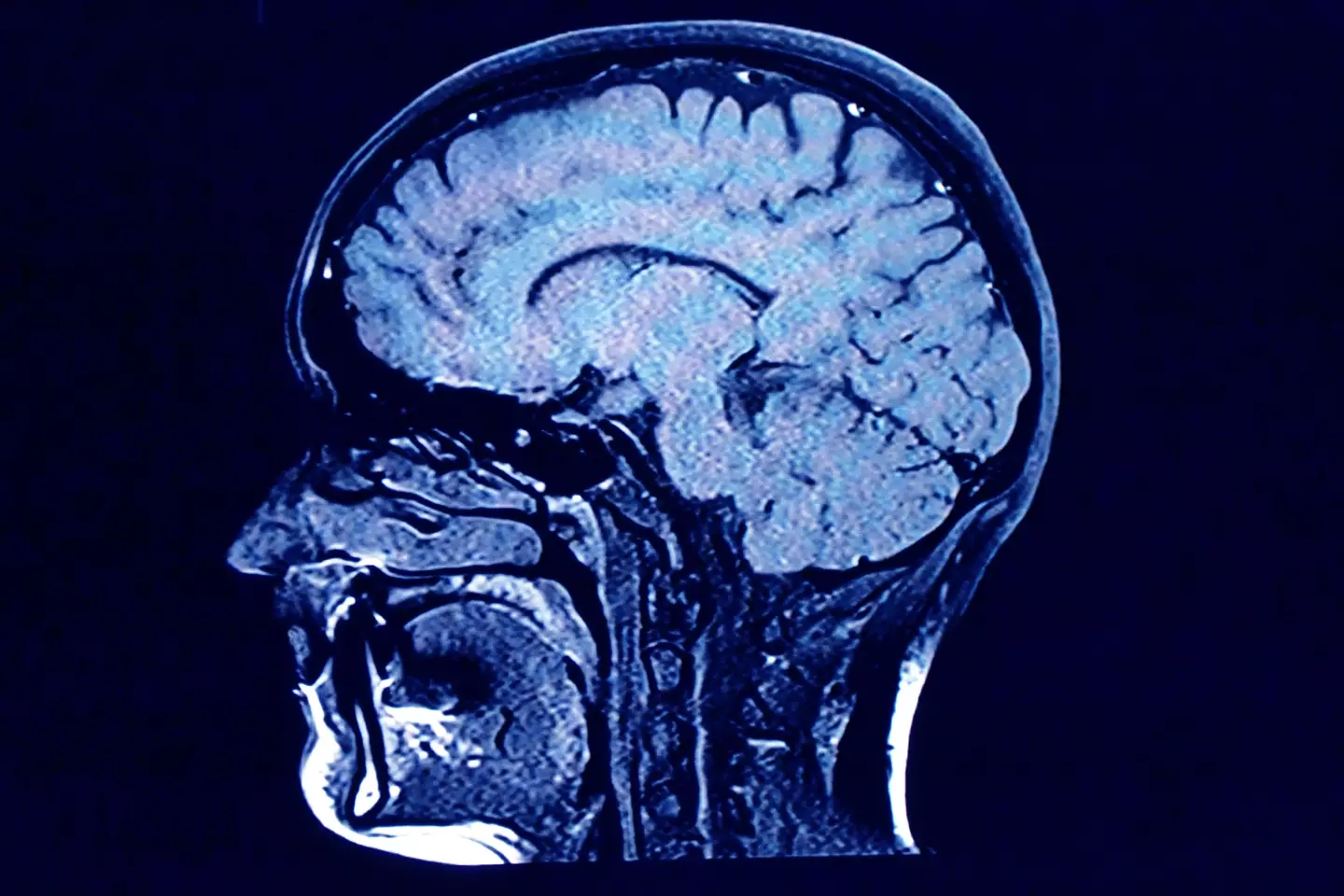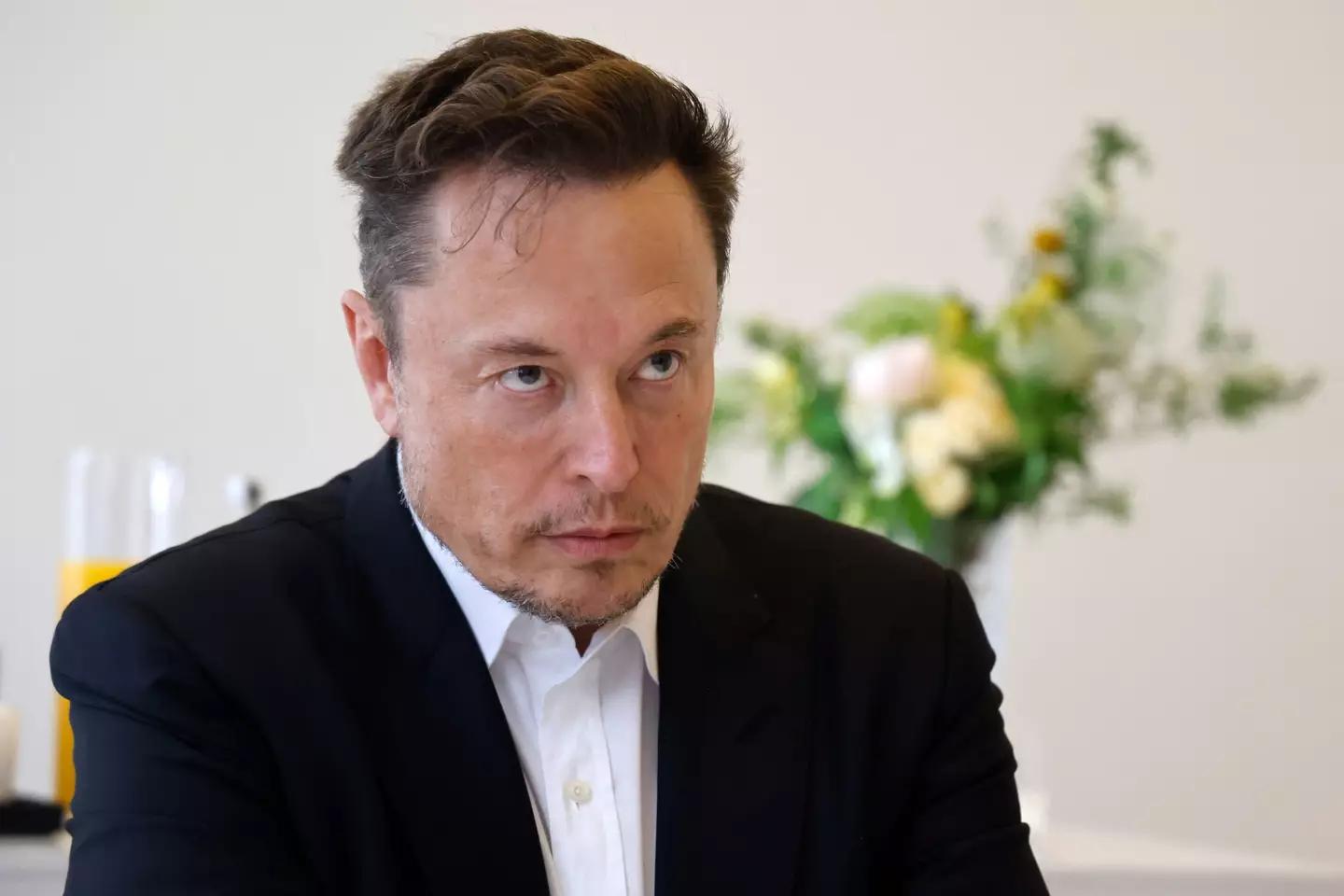
'Thousands of people' are said to be lining up to be amongst the first to let Elon Musk's robot insert wires inside their skull.
While Musk may be mostly known nowadays for being the owner of X, formerly known as Twitter, and Tesla of course, he also owns the company Neuralink.
In layperson's terms, Neuralink is researching how to insert chips into people's brains as a way to help restore lost limb function.
Neurolink founder DJ Seo told Bloomberg News: “The short-term goal of the company is to build a generalized brain interface and restore autonomy to those with debilitating neurological conditions and unmet medical needs."
Advert
For Neurolink, it is essential they find some volunteers so they can test how the device will work on an actual person.
Essentially, these volunteers will have a hole drilled in their skull and a device inserted by a robot.
It will be made up of the chip, about the size of a quarter, and tiny wires and electrodes thinner than a human hair.

Advert
Originally, the company had planned to get approval to implant this device into ten patients, but then negotiated a lower number with the Food and Drug Administration (FDA).
The exact number of approved patients is not known.
Well, considering you are literally agreeing to having a hole drilled in your head, you'd think Musk's company would struggle to find a decent amount of volunteers.
That has certainly not been the case though according to Ashlee Vance, one of Elon Musk's biographers.
Advert
In a recent report for Bloomberg, Vance explained that he has visited the Neuralink offices ten times in the last three years, but said the company had yet to implant its devices in a human.
However, Vance said there is an 'outpouring of interest from thousands of prospective patients' and the company plan to operate on 11 people next year, a figure that could eventually reach 22,000 by 2030.

While this may be the big first step, you certainly won't be surprised to hear that Musk has big plans for Neuralink.
Advert
The X owner also has ambitions to use the chips with mental health conditions such as depression and schizophrenia, and even to 'treat' developmental conditions such as autism.
Ultimately, Neuralink wants to move beyond just medical applications, saying that it would 'unlock human potential'.
"The long-term goal is to have this available for billions of people and unlock human potential and go beyond our biological capabilities," Seo added.
UNILAD has reached out to Neuralink for comment.
Topics: Technology, News, US News, Elon Musk
